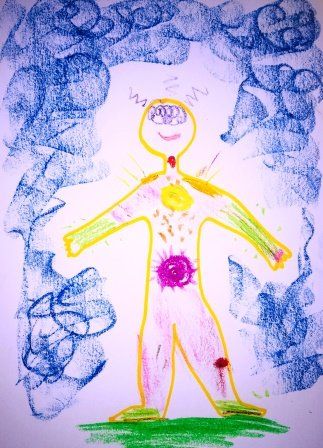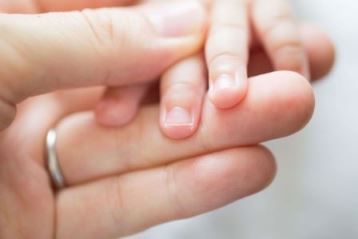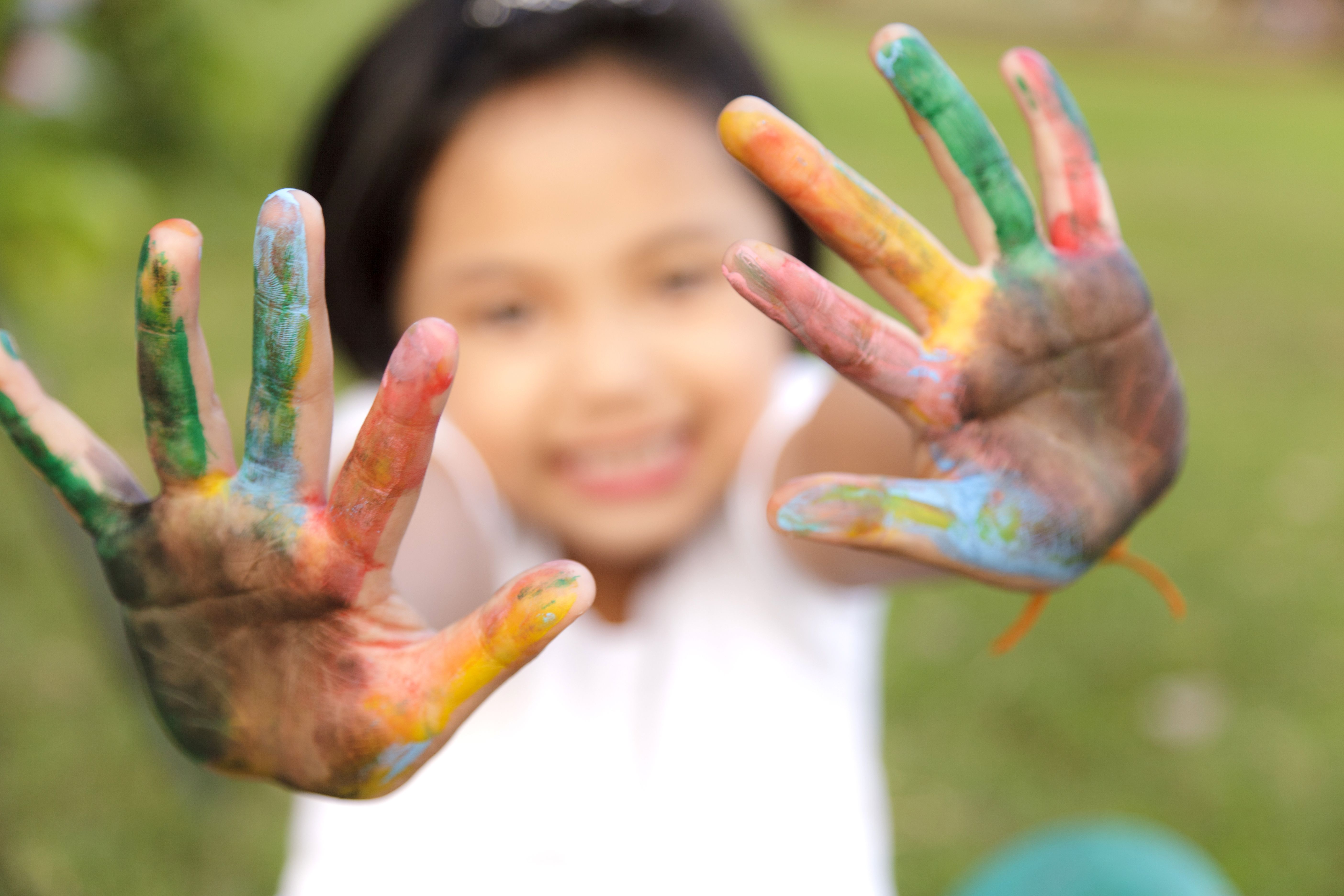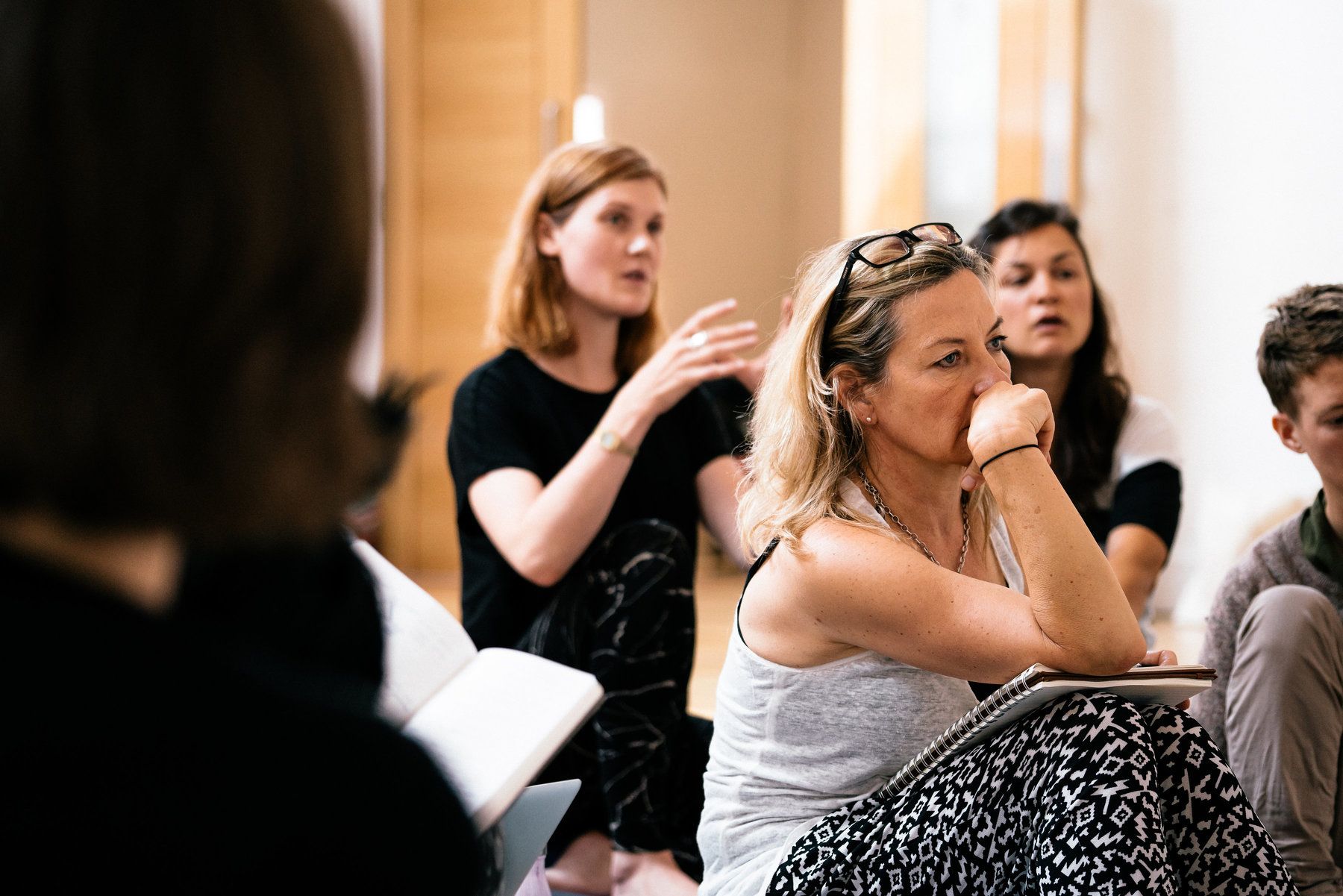Creating an Emotional Language with Children
Finding age appropriate ways to share in the emotional journey your child has experienced each day has many benefits.
It helps improve emotional awareness and self-confidence but most importantly it allows your child feel seen and valued by you. While language skills are developing for your child, one communication method that is readily available is their natural ability to express themselves creatively through drawing or picture making.
A popular activity for creating these shared moments of reflection after school or in the evening time is called the “Body Diary”.
What you need is some paper or a notebook and colours of any sort.
Steps include:
1) Draw an outline of a body or a simple circle for younger children.They may wish to draw their own.
2) Be curious about what feelings and thoughts are passing through them. Have a little moment to wonder with them.
3) Allow them draw or illustrate the different feelings and thoughts that visited during the day. Placing them on the body outline in the locations they felt / feel them. All feelings are welcome.
4) Be curious about their experience, ask questions and wonder with them about what the feelings are that they are expressing. Perhaps help them learn new words.
5) Praise their wonderful efforts and keep the drawings in a safe place all together; modelling the fact that their inner world is so very important and precious.
If you would like to know more about supporting your child’s emotional development or regulation through Art Therapy please feel free to make contact.




